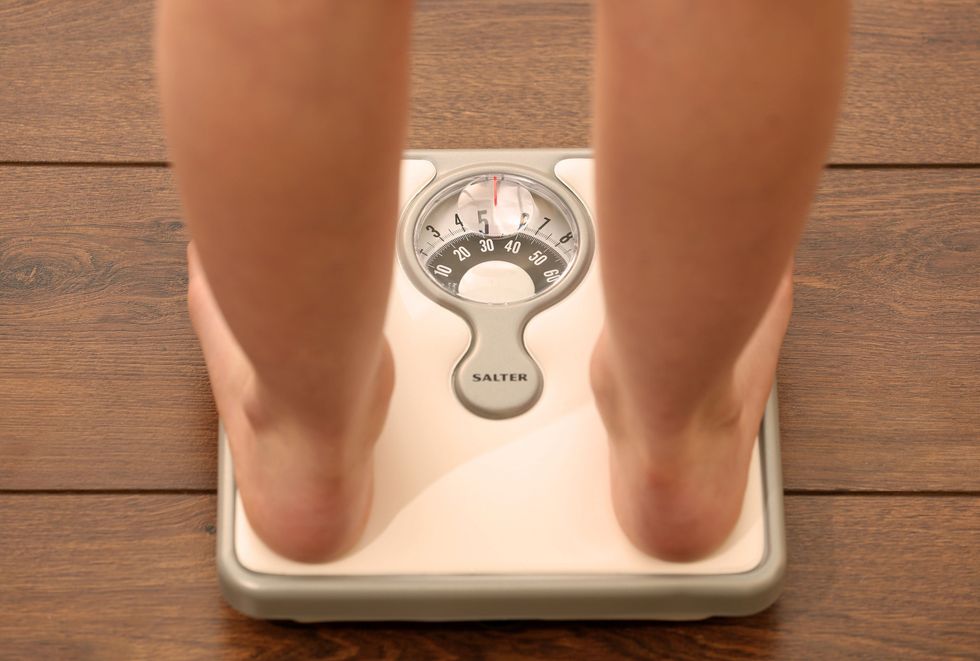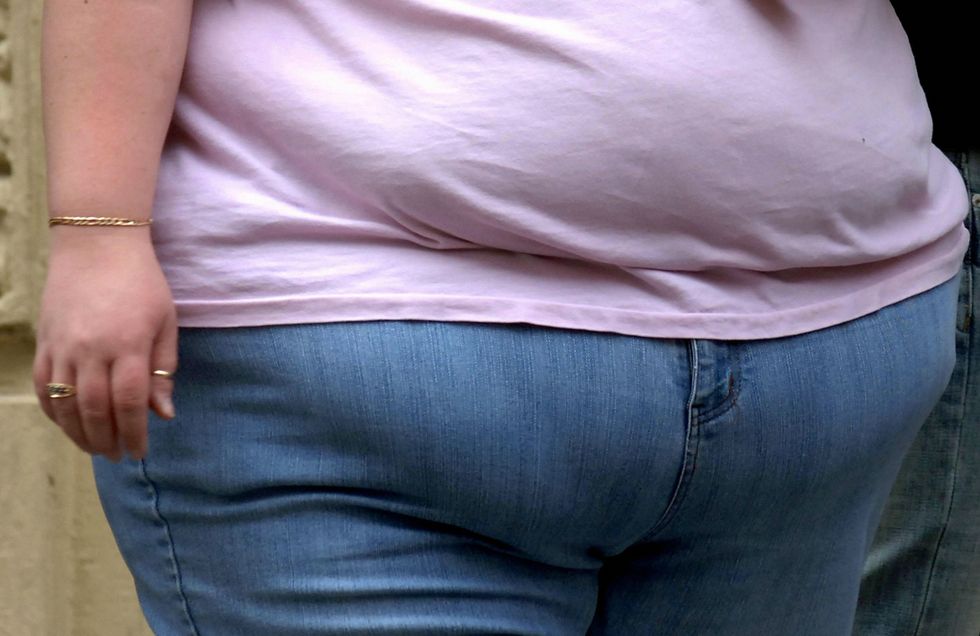Ideal time to eat breakfast and dinner to see rapid weight loss and 'burn belly fat'

Scheduling meals could help speed up weight loss
|GETTY

Simply adjusting the timing of meals could speed up results on the scales
Don't Miss
Most Read
Latest
As diabetes rates skyrocket, more research is devoted to the timing of meals to pinpoint effective weight loss measures.
The unwritten rules of time-restricted eating include avoiding late-night meals and kickstarting the metabolism at a reasonable time.
In a conversation with GB News, Naheed Ali, a physician, nutritionist and health writer at Sweat Block, described how best to time meals for a slimmer waistline.
Ali is one of many scientists who stresses the importance of optimising metabolic rhythms for effective weight loss.

Eating at certain times could speed up results on the scales
|PA
Eating within windows suited to individual lifestyles will train the body to kickstart its metabolism and support a healthy weight loss progress.
He told GB News: “[They] play a crucial role in managing hunger hormones and insulin sensitivity.”
Thus, a structured daily schedule is highly recommended for individuals trying to lose weight.
Naheed added: “Initiating your day at 6am and concluding activity by 10pm aligns with the body’s natural circadian rhythms.”
This helps foster an environment “conducive to fat burning,” according to the expert.
Not only does such a schedule help regulate the body’s natural processes, but it also aids in avoiding any disruptions that could impede weight loss.
“Incorporating this approach into meal timing, particularly for breakfast and dinner, can further enhance the body’s ability to burn belly fat.
“Breakfast should ideally be consumed within an hour of waking up, around 7am to jumpstart the metabolism.
LATEST DEVELOPMENTS

Weight loss significantly lowers the odds of chronic conditions
|PA
“Dinner, on the other hand, should be consumed at least two to three hours before bedtime, around 7pm, to ensure that the body has ample time to digest the meal before the metabolic rate slows down during sleep.
“This schedule supports insulin sensitivity and helps manage hunger hormones throughout the day, thereby aiding in the reduction of belly fat.”
It is worth noting that every individual will respond differently to various food and meal timings, and there is no one-size-fits-all approach to weight loss.
The good news is, time-restricted eating can easily be adapted to meet different needs.










